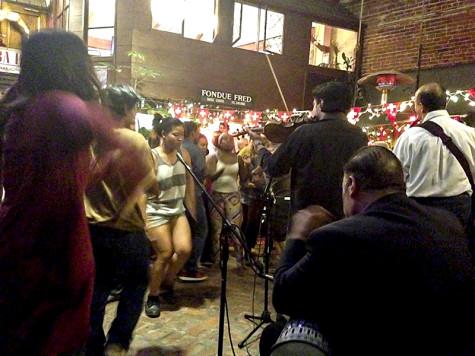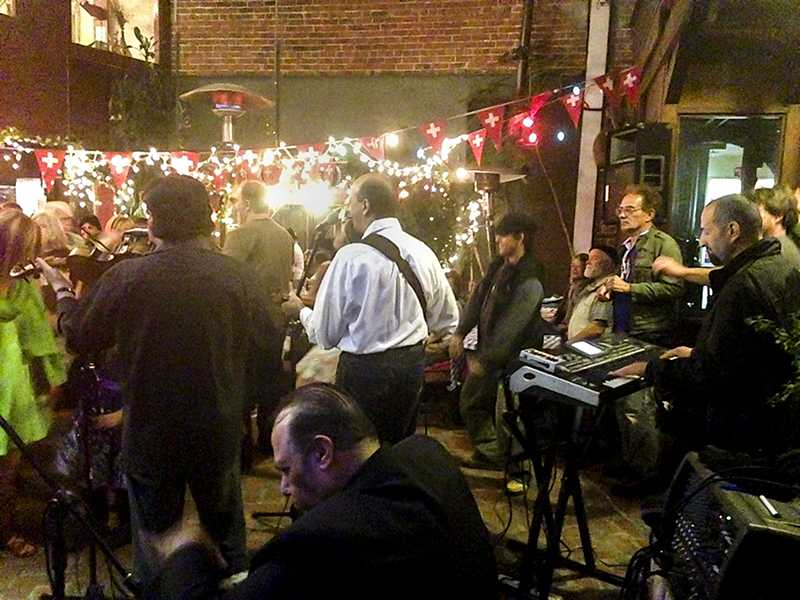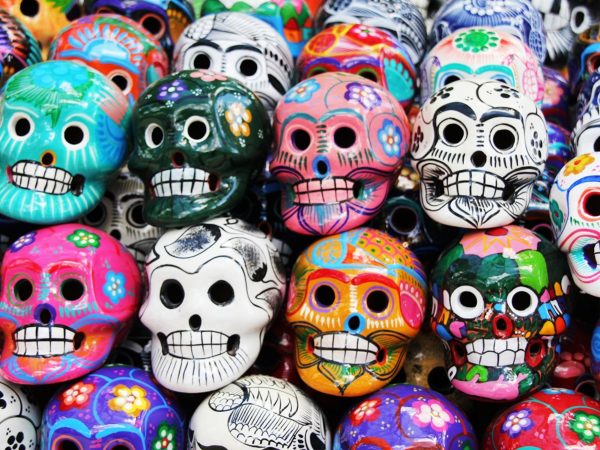Berkeley festival celebrates diversity of world music
The variety of bands entertained crowds, promoting “cultural richness” and celebrating diversity.
The village court in Berkeley was alive this past Sunday as the Georges Lammam Ensemble serenaded the dancing crowd with Khaliji music. The Berkeley World Music Festival took place on Sunday all along Telegraph for the 11th year in a row.
The community event began in 2004 as a chance to “celebrate the diversity of the merchants,” according to Gianna Ranuzzi, the creative founder. “Grassroots, put together by duct tape,” Ranuzzi recalls of the first festival.
The festival states its mission is to “promote the artistic vibrancy, cultural richness, and social value of the world music panorama for the benefit of the local communities.”
The event took place from noon to 9 p.m., starting in People’s Park with a dance party and moving to venues along Telegraph, and even on the street. It is no coincidence that the festival fell just a day after the summer solstice and the equinox.
Playing for 35 years, Naser Musa, a virtuoso in playing the string instrument the Oud, played with the Georges Lammam Ensemble, performing Khaliji, a style of music native to Arab states of the Persian Gulf. The festival, Musa says, is “creating a dialogue about music.”
Originally from Jordan and of Palestinian descent, Musa plays with many musicians with different ethnicities who want to do the same, he says. Musa, a peace activist who now resides in Los Angeles, says he has a goal to spread the love of God.

Georges Lammam, a violinist of Palestinian descent and born in Beirut, Lebanon, performs “music which exemplifies the Arab style of instrumental improvisation and lyricism,” according to the World Music Festival.
The eclectic mix of music performed during the day originated from varying ethnicities, including music such as Afrofunk Experience, Big Lou “Accordian Princess,” and Belly Dance Bazaar with Danceversity. The music, Ranuzzi says, is joyous and heartfelt, the authenticity teaching others about the culture of the music.
The final performance of the evening took place within an old brick and wood building. Wedged in the center of the courtyard, with Finfine Ethiopian Restaurant, Koryo Korean Restaurant, and Fondue Fred Swiss Cuisine surrounding the commotion, the musicians played to a crowd just as diverse.
Inside the Village, as the men played their instruments, the Arabic music twirling through the crowd, eliciting a sway, a sashay, a gyrate from the people absorbing it, the intention of the celebration is evident:
“First, to celebrate the diversity of the music, and second, to celebrate the people,” Ranuzzi says.















